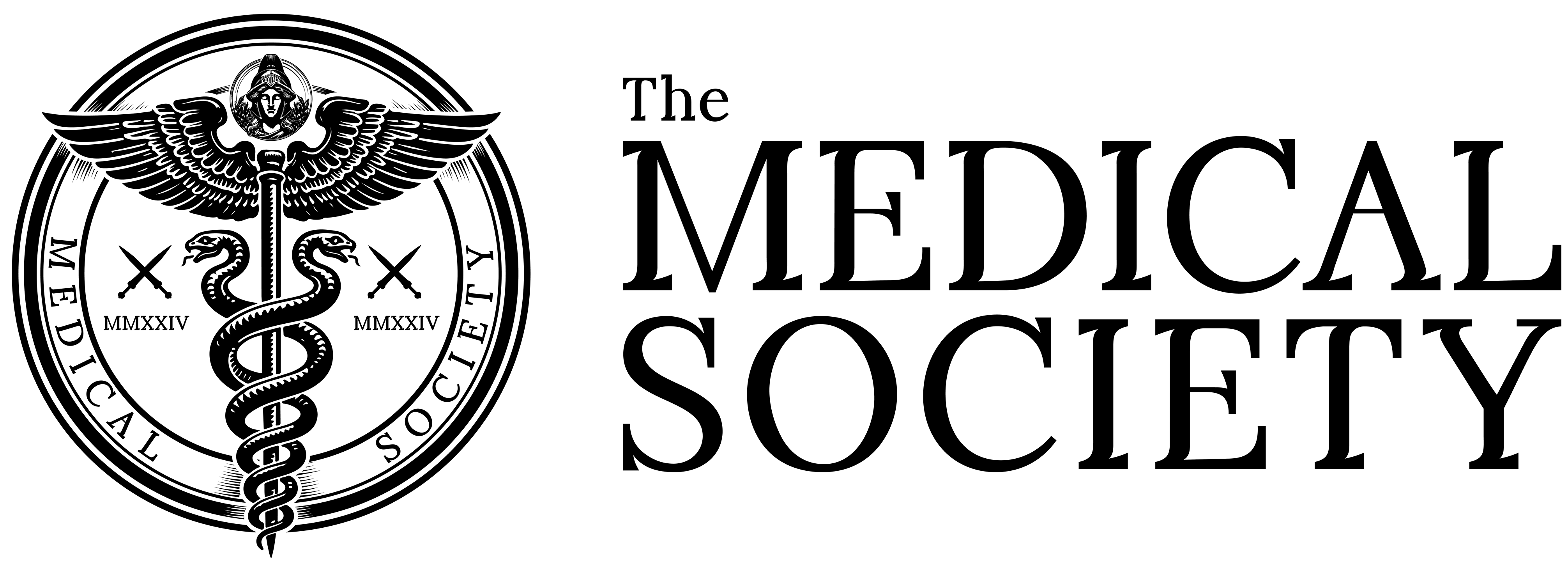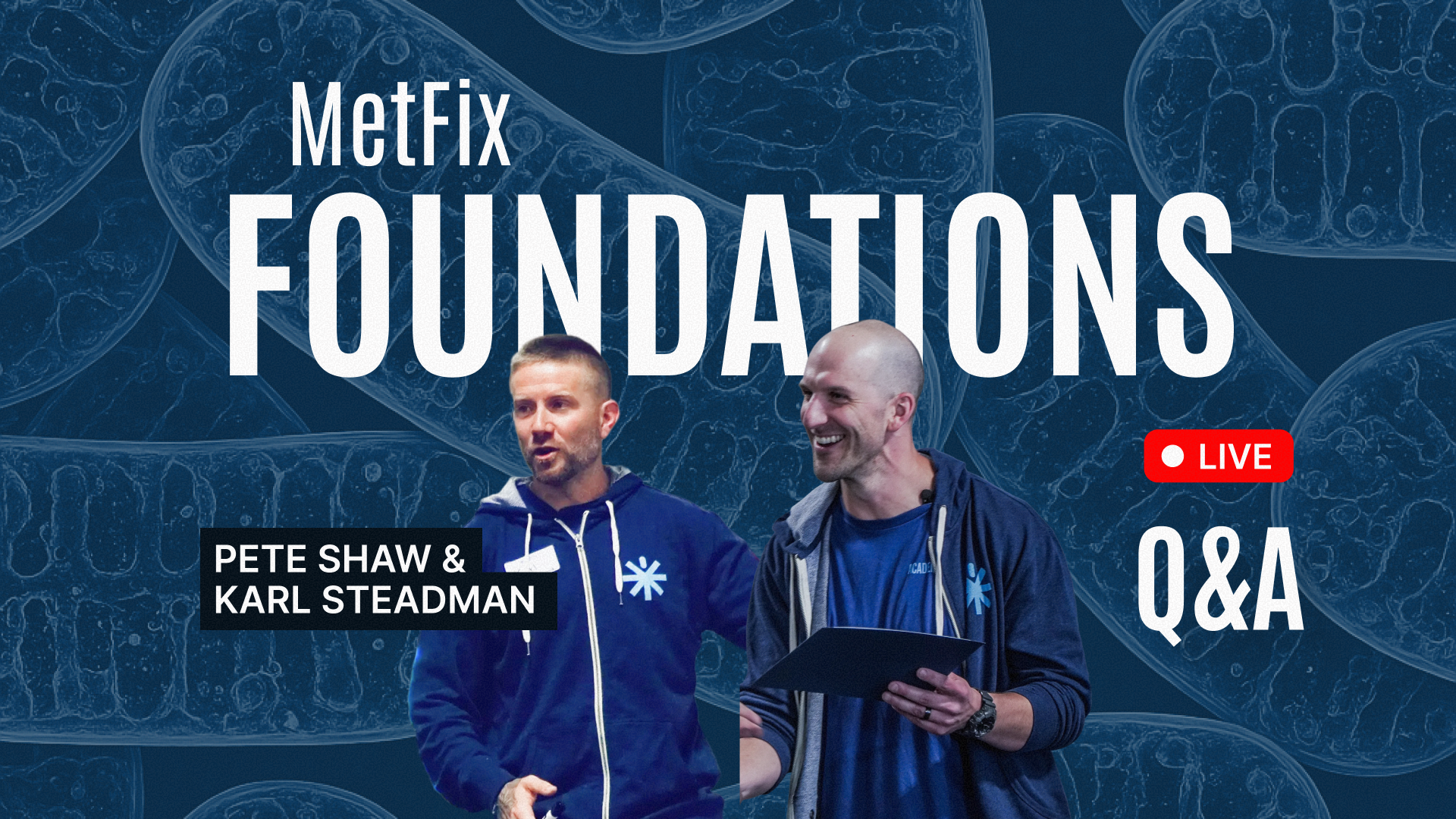Inside the Fight Against Broken Science Led by The Medical Society
By Emily Kaplan
In the land of lab coats and surgical scrubs, the glittering dream of scientific progress has become ensnared in a web of statistical chicanery, corporate avarice, and seductive salesmanship. This is not the pure, altruistic pursuit we once imagined, but a jungle where the mighty P-value reigns supreme and the pharmaceutical titans hold sway.
A lot of the problems started with the P-value. A simple statistical tool, meant to illuminate the likelihood that an observed effect was not due to chance, a tool best suited for quality control, and one whose pioneer, Ronald Fischer, warned should never be used in medicine. But this humble measure has become a golden calf in the frenetic quest for publication and funding. Like so many supplicants at a holy shrine, researchers bow before the threshold of 0.05. Hit that magic number, and you’re on the fast track to academic glory. Miss it, and you’re consigned to the shadows of irrelevance. It’s a game of numbers, a dance of data, and it has led us into a quagmire of irreproducibility.
The replication crisis—this phrase sends shivers down the scientific community’s spine. An unsettling number of studies, some say “most,” cannot be reproduced. Once-vaunted discoveries now dissolve under scrutiny, their statistical foundations revealed as little more than quicksand. This is the dirty little secret of modern research: the results that fill our journals and inform our treatments are often as ephemeral as a mirage in the desert.
And who benefits from this grand illusion? Look no further than the towering monoliths of Big Pharma. With their vast resources and political clout, these pharmaceutical giants are the true power brokers in this crisis. They have edged themselves into every corner of the medical establishment, from the corridors of Congress to the examination rooms of your local clinic. Their influence is pervasive, their reach is all-encompassing.
Big Pharma’s lobbyists are the slick, silver-tongued emissaries of a corporate empire. They whisper in the ears of lawmakers, ensuring that regulations bend to their will. They flood the market with expensive drugs of dubious efficacy, all while raking in profits that would make a robber baron blush. And let us not forget the pharmaceutical representatives, the charming, impeccably dressed envoys who roam the halls of hospitals and clinics, bearing gifts and free samples. They are the modern-day courtiers, seducing doctors with promises of breakthrough treatments and lavish perks.
But amid this dystopian landscape, a new force is emerging—a movement that could be the antidote to Big Pharma’s disease. Enter The Medical Society, a collective of conscientious doctors, researchers, and healthcare professionals dedicated to reclaiming the soul of medicine. They are the white blood cells in this ailing body, working tirelessly to expel the toxins of corporate greed and restore integrity to their field.
The Medical Society is more than just a group; it’s a revolution. We champion evidence-based practice, eschewing the dubious metrics and flashy results that have led us astray. We advocate for transparency, pushing for open access to data and the rigorous scrutiny of research methods. And most importantly, we prioritize patient welfare over profit, a radical notion in these times.
This movement is gaining momentum, drawing support from those disillusioned with the status quo. We are challenging the dominance of Big Pharma, demanding that the medical community hold itself to a higher standard. It’s a battle for the very heart of healthcare, a struggle to redefine what it means to heal.
The Medical Society represents the best of us, the indomitable spirit that refuses to bow to the pressures of profit and power. We are the beacon in the darkness, a reminder that even in the most tainted waters, purity can still be found.
The battle is really just beginning, as awareness grows and the forces of integrity and truth are only just starting to rally. And as we grow in numbers, in the sterile corridors of hospitals and the bustling labs of research institutions, a standard is forming—predicated on predictable outcomes– where the true purpose of medicine, the healing of the sick, and the betterment of humanity, may once again shine bright.

The Medical Society was co-founded by Greg Glassman, the founder and former owner of CrossFit and CrossFit Health, and Emily Kumler Kaplan, an investigator, communications expert, and serial start-up maven. The Medical Society is revolutionizing the medical landscape by returning to the roots of true scientific exploration. This society is not just another medical organization; it is the antidote healthcare providers need to identify the corrupted landscape of medicine. The Medical Society Members are collectively the preeminent group of practitioners, who share a drive to learn, grow, and offer their patients the best care possible. Together they demand a reinstatement of rigorous, replicable, and validated research practices that prioritize patient care over profit.
Emily Kaplan is an expert in strategy and communication. As the CEO and Co-founder of The Broken Science Initiative, she is building a platform to educate people on the systemic failings in science, education and health while offering an alternative approach based in probability theory. As the principal at The Kleio Group, Emily works with high profile companies, celebrities, entrepreneurs, politicians and scientists who face strategic communication challenges or find themselves in a crisis.
Emily’s work as a business leader includes time spent working with large Arab conglomerates in the GCC region of the Middle East looking to partner with American interests. Emily acquired Prep Cosmetics, expanded it to become a national chain and revolutionized the way women bought beauty products by offering novel online shopping experiences, which are now the industry standard. She was a partner in a dating app that used the new technology of geolocation to help interested parties meet up in real life. Emily developed Prime Fitness and Nutrition, a women’s health concept that focused on the fitness and diet needs of women as they age, with three physical locations. She was the host of the Empowered Health Podcast, and wrote a column in Boston Magazine by the same name, both of which focused on sex differences in medicine.
Emily is an award winning journalist who has written for national newspapers, magazines and produced for ABC News’ 20/20, Primetime and Good Morning America. She is the author of two business advice books published by HarperCollins Leadership. Emily studied Advanced Negotiation and Mediation at Harvard Law School. She has a Masters of Science from Northwestern University and received a BA in history and psychology from Smith College.
Support the Broken Science Initiative.
Subscribe today →
recent posts
Q&A session with MetFix Head of Education Pete Shaw and Academy staff Karl Steadman



